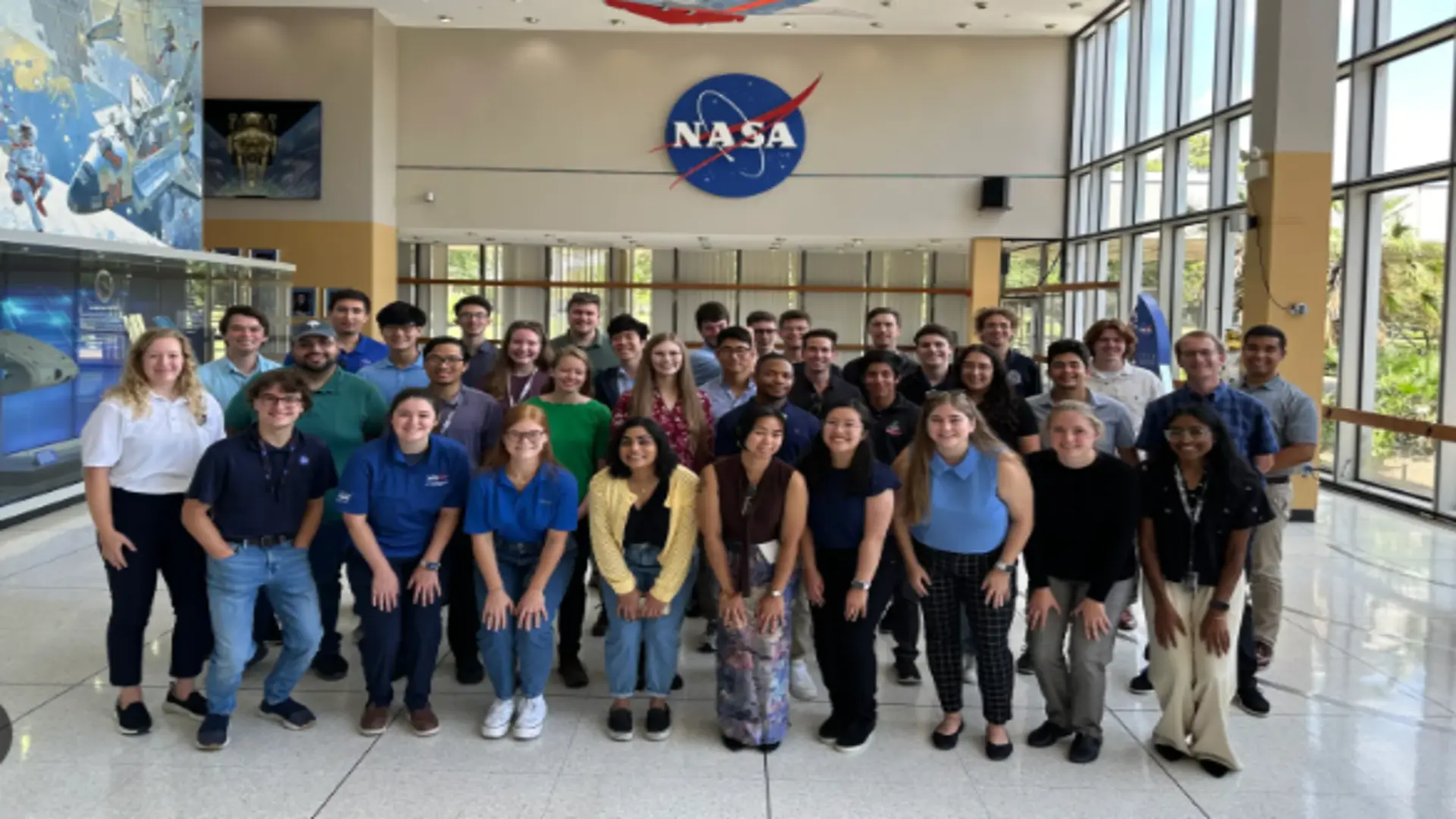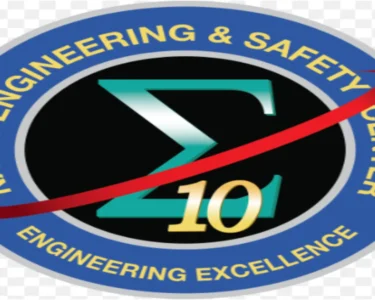Becoming a software engineering intern at NASA can be an amazing experience, providing an opportunity to work alongside some of the finest minds in science, engineering, financial and information technology.
As part of your preparation, familiarize yourself with NASA’s mission and culture before practicing with a coach or mentor to enhance your performance at your interview.
Job Description
NASA offers paid internships to high school, college and graduate-level students across science, engineering, financial, information technology and business fields. Interns gain hands-on experience while exploring professional development opportunities while working under guidance of NASA mentors on agency projects.
As a software engineering intern, you will be assigned a project that allows you to put into action what you have learned in school. Your responsibilities as a software developer will include developing flight system-related software such as hardware integration and simulations; testing new hardware; creating astronaut training systems; or even creating mission-critical code that supports astronaut training systems. As with other fields such as space exploration or space travel, using older hardware that is optimized against cosmic radiation or other factors which may reduce reliability is expected of you as a software engineer intern.
More: Dupont Museum | Washington DC Local T.V Station | Survey Monkey Quiz Mode | New Politics Academy | NASA Langley Visitor Center | University of Arizona
NASA internships provide more than practical experience; they also allow you to build a network of people who share a passion for space exploration. Furthermore, NASA internships offer various training and professional development opportunities, including workshops, seminars and conferences as well as networking events designed specifically to bring interns together.
Are You Thinking About Joining NASA? Research Before Applying | Do Your Homework Before Submitting! NASA receives hundreds of applications every year; therefore it is imperative that you stand out. Prepare for interviews by practicing with friends or family and researching NASA’s mission and history before attending.
NASA offers internships through their Pathways program; this offers paid stipends to current students and recent graduates as well as health and dental insurance, holidays, vacation time and other benefits. Pathways also offers paid internship opportunities at its 10 field centers that provide valuable work experience as well as mentorship.
Job Requirements
NASA is searching for candidates who can help its mission of exploration of space. Aside from technical skills, NASA values interpersonal and teamwork skills. To stand out among applicants, applicants should create an impressive resume that highlights their experience – this should include using CAR format when listing your achievements; when tailoring resumes specifically to each job description it is also crucial that research the company culture to understand any unique challenges it might present as well as looking up its GitHub account to get an idea of its working environment.
Internship opportunities at NASA are open to undergraduate and graduate students from diverse backgrounds. Available across the country – at Glenn Research Center, Kennedy Space Center and Goddard Space Flight Center – students work on real world projects under supervision from mentors for real experience in real time projects – providing invaluable professional experience.
Successful interns at NASA should have the ability to complete complex tasks on time with precision and excellence, possess strong communication abilities and be quick thinkers – they must also possess a genuine interest in space exploration with a desire to advance humanity.
NASA’s application process may seem cumbersome, but it’s definitely worth your while. After submitting a resume and personal questionnaire, the next step involves taking an assessment which may take from 2-3 hours and will include questions regarding problem-solving skills, reading comprehension abilities and stress tolerance.
To qualify for a NASA internship, applicants must possess both an eligible degree and valid passport, be either an American citizen or permanent resident and hold at least a bachelor’s degree in engineering or related disciplines.
Experience Requirements
NASA is the world’s largest space exploration company however, its mission goes to far beyond that. In everything from Apollo space missions, to Mars exploration using Curiosity rovers such as Curiosity Rover rover rovers such as Curiosity Rover rover and rover NASA is in the front of technology advancement and advancing human understanding. Students who want to take advantage of this chance to work at one of NASA’s facilities are able to benefit from the unique experience.NASA’s internship program provides students from high schools and colleges the chance to work on real space projects with NASA expert and mentors, ranging from studies to management of projects, and public outreach. The program offers opportunities in all areas, not just STEM (science engineering, technology, as well as mathematics).
NASA internships are generally full-time jobs that provide exposure to a range of specialization. In addition to working on projects, interns be provided with guidance and support on their particular field of expertise – an excellent learning opportunity that will help oneself when it comes to job search.
If you’re applying to NASA internship, expect to be asked about your past academic and professional experiences. Be prepared by reviewing your resume and writing down examples from past internships, volunteerism or student projects you completed – these stories can help answer behavioral interview questions designed to evaluate how well you respond in given situations at work; an interviewer might for instance ask about when you worked on team projects with disagreements between colleagues.
Salary
Salary requirements for NASA software engineering interns depend on their level of experience. A bachelor’s degree is the minimum requirement; various means exist for attaining one – including four-year universities and accredited programs with reduced tuition and increased depth of education. Furthermore, an ABET accredited program often has lower tuition costs while offering greater depth. ABET-accredited degrees also come with various additional advantages compared to non-ABET accredited ones – like lower attendance costs and more in-depth education. Furthermore, in addition to having the minimum requirements, an ABET accredited degree can offer lower tuition costs while offering more comprehensive education than its counterparts can. ABET accredited degrees also come equipped with knowledge regarding various tools used across NASA projects including C, Java and Visual Basic programming language capabilities required for work on various projects at NASA projects as a part of being familiarity with hardware used across them all is important too.
See More: The Museum of Discovery | The Colorado History | Museum Northwest | Flagstaff Museum | Terry Bryant Accident Injury Law | Top 5 Most Popular News
NASA internships tend to be full-time positions that typically last eight hours a day for five days a week – although this can differ depending on your program and session. NASA internships are highly competitive with over 10,000 applications received every year – it is therefore imperative that you start early preparing and conducting thorough research in order to achieve success with them.
NASA interns benefit from being assigned a mentor and project that aligns with their career goals, as well as professional development opportunities, networking with some of the finest scientists and engineers around the globe, and engaging with fellow interns from varying academic fields. NASA offers various internship programs for undergraduate and graduate students alike – even non-STEM majors can find employment with this agency!
Interns at NASA are encouraged to engage in community outreach and professional development activities as well as tasks for NASA projects, giving them invaluable experiences that will prepare them for work after graduation. NASA is an industry leader when it comes to space exploration; working closely with international partners and private corporations on scientific innovation.
Interns will have the chance to work at one of NASA’s 10 field centers, providing them with an excellent opportunity to expand their technical skills while becoming familiar with different aspects of NASA’s mission. There are also private company internships such as Tesla and Boeing available which last longer than NASA’s three month internships while typically paying higher salaries.
Frequently Asked Questions
Internships provide high school and college students the opportunity to participate in projects supporting NASA business and administrative processes. Interns perform scientific and engineering research, development, and operations activities at any of NASA’s Centers or facilities that specialize in space exploration, aeronautics or earth sciences.
Responsibility in this job depends heavily on which NASA center an intern works. A software engineer might develop flight software for spacecraft; an electrical engineer might focus on payload and motor control electronics or data-handling avionics subsystems; mechanical engineers could design, construct and test components for Robonaut; while computer scientists might analyze emerging protocols like blockchain to detect security events impacting engineering operations.
Interns at NASA work alongside mentors on projects. Their workload depends on which program they’re in; hours may differ based on this factor as well as other considerations like length of experience as an intern and performance. Under certain conditions, internships may become full-time jobs depending on several factors including length of service as an intern as well as performance evaluations.
NASA internships provide professional experience and development opportunities for high school and college-level students. These paid internships give these young individuals a chance to work alongside some of the finest scientists, engineers, financial analysts, information technology specialists and more – plus receive career counseling and extensive on-site training!





